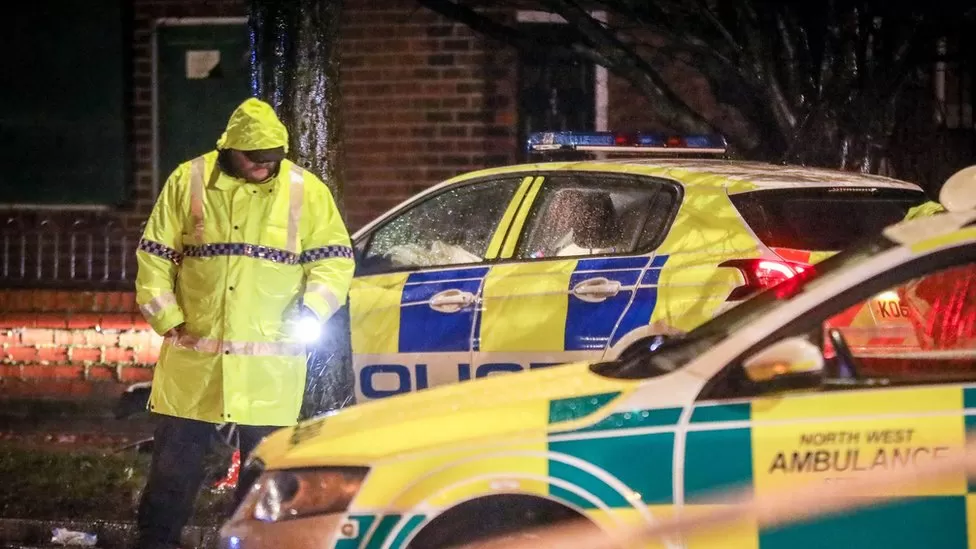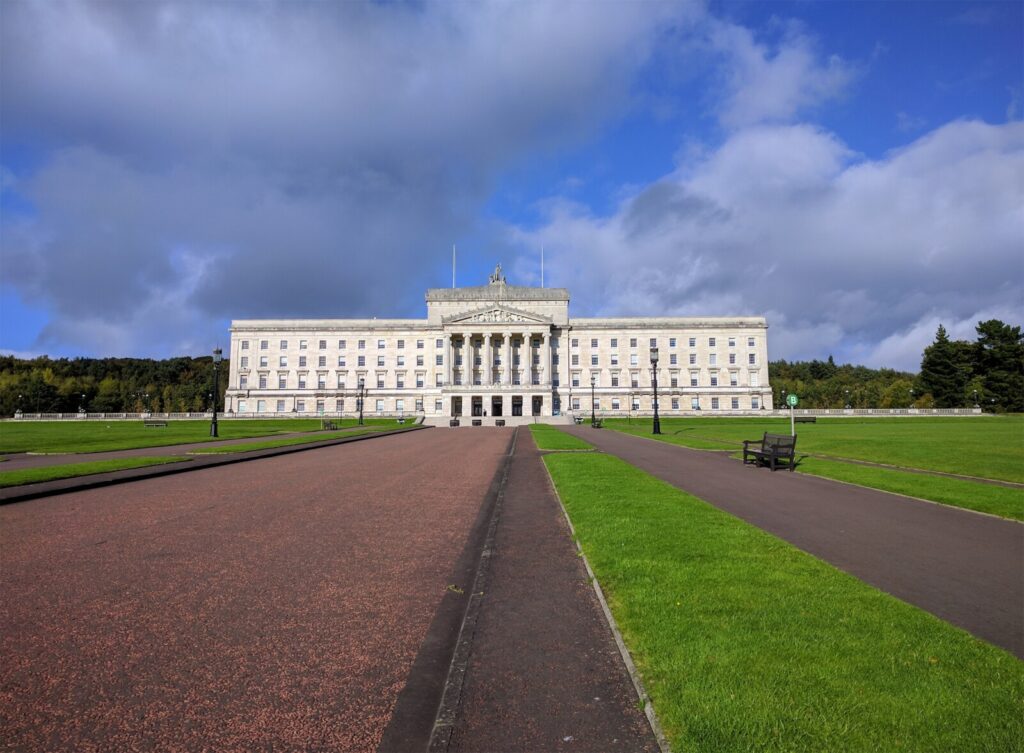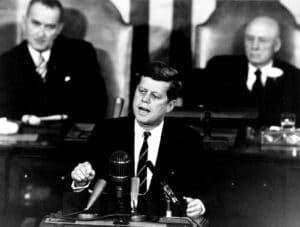This week marks the 25th anniversary of the historic Good Friday Agreement, which brought peace to Northern Ireland. The 1998 agreement between Tony Blair and Bertie Ahern established a power-sharing government in the region and ended the Troubles.
As a result of the DUP’s opposition to the post-Brexit arrangements for Northern Ireland, this significant anniversary is being observed in a relatively subdued manner. This week, US President Joe Biden and UK Prime Minister Boris Johnson are visiting the region, which has created a political void that is being keenly felt.
At the time, the Good Friday Agreement was viewed as an enormous success, but many have questioned whether it could now benefit from some “tweaks.” The agreement relied on a system of vetoes to protect the interests of all parties, but this has led to sporadic government and hampered efforts to address entrenched issues in health and education. It has also been argued that the vetoes have only served to increase Northern Ireland’s polarisation.
Stormont institutions have been suspended nine times since their inception. This includes five suspensions by Secretary of State Peter Mandelson over issues such as IRA decommissioning and three suspensions by John Reid as a result of an investigation into alleged republican spying. Most recently, devolution was suspended for three years beginning in 2017 as a result of Arlene Foster’s resignation as first minister and Sinn Féin’s refusal to accept her replacement without progress on Irish language legislation.
The various suspensions of Stormont have undoubtedly eroded public confidence in Northern Ireland’s political institutions. There are currently calls for changes to be made to the Good Friday Agreement, such as eliminating the designation system and substituting cross-community voting with weighted majorities, but those who participated in the 1998 negotiations warn against any fundamental changes.
After twenty-five years since the signing of the Good Friday Agreement, Northern Ireland continues to face numerous obstacles. While it is evident that more must be done to ensure the stability of Stormont, it is also clear that this historic agreement continues to hold a special place in the hearts of many Northern Irish citizens.
This week marks the 25th anniversary of the historic Good Friday Agreement, which brought an end to 30 years of conflict known as The Troubles in Northern Ireland. At the time of its signing, the agreement between then-Prime Minister Tony Blair and Irish Taoiseach (Prime Minister) Bertie Ahern established a power-sharing government in Northern Ireland and was hailed as a tremendous success. Due to the DUP’s opposition to post-Brexit arrangements for Northern Ireland, this significant anniversary is being observed in a rather subdued manner. Stormont, the devolved government created by the agreement, is currently inactive.
The agreement relied on a system of vetoes to protect the interests of all parties, but this has led to sporadic government and hampered efforts to address entrenched issues in health and education. It has also been argued that the vetoes have only served to increase Northern Ireland’s polarisation. Stormont institutions have been suspended nine times since their inception due to issues such as the decommissioning of the IRA and an investigation into alleged republican espionage. Most recently, devolution was suspended for three years beginning in 2017 as a result of Arlene Foster’s resignation as first minister and Sinn Féin’s refusal to accept her replacement without progress on Irish language legislation.
The suspensions of Stormont have undoubtedly eroded public confidence in Northern Ireland’s political institutions, and there are now calls for changes to the Good Friday Agreement, such as eliminating the designation system and replacing cross-community voting with weighted majorities. However, those involved in the 1998 negotiations warn against any fundamental changes. This week, both US President Joe Biden and UK Prime Minister Boris Johnson visited Northern Ireland to commemorate this special anniversary, symbolising both how far the region has come and how much more work must be done to ensure future stability.

















